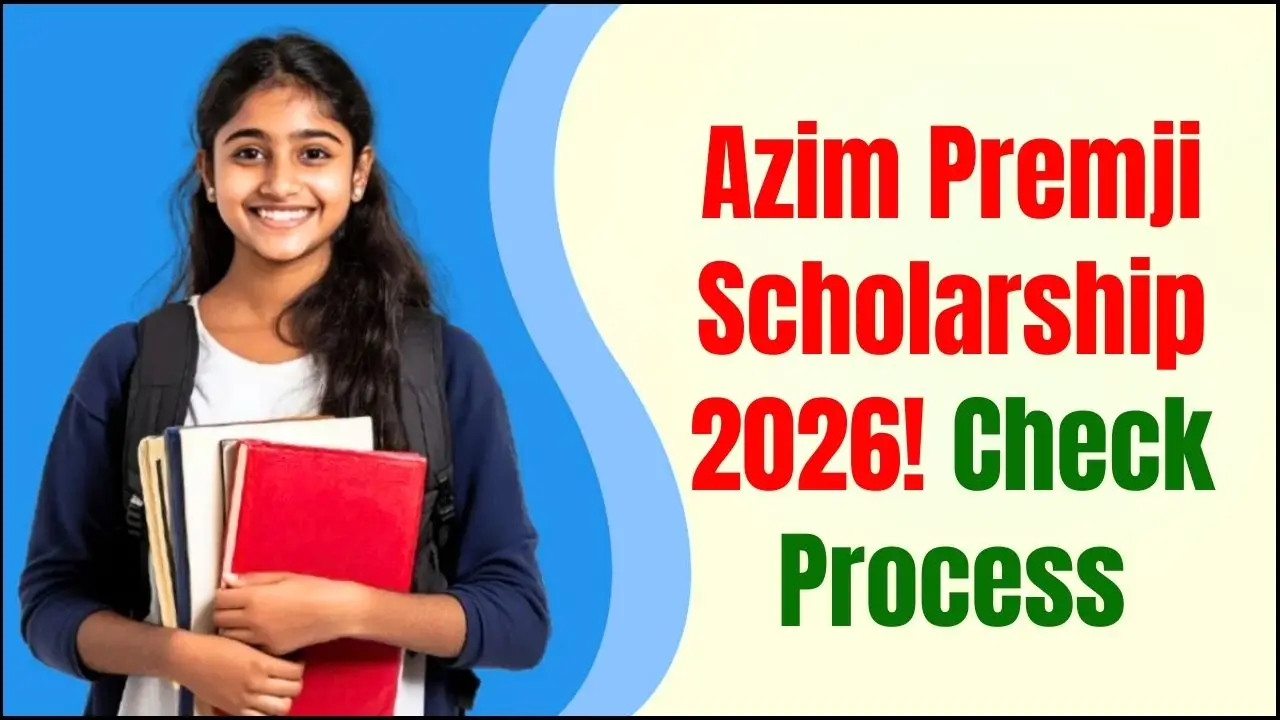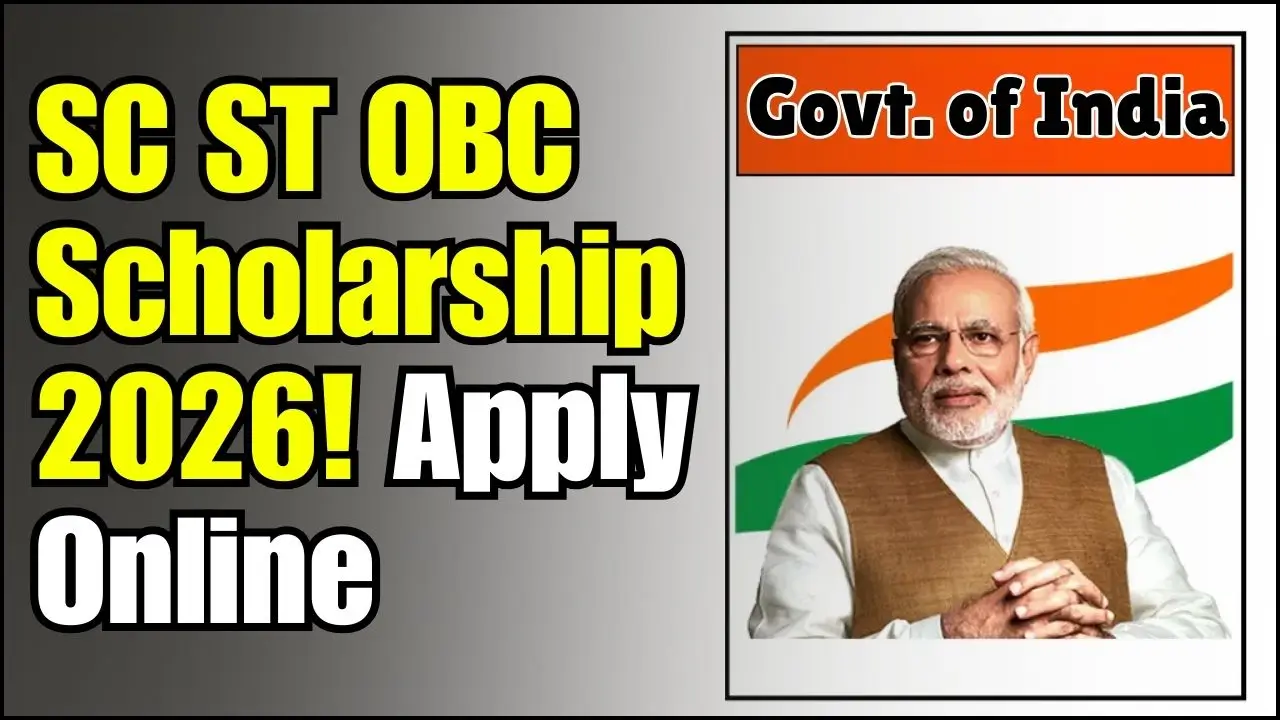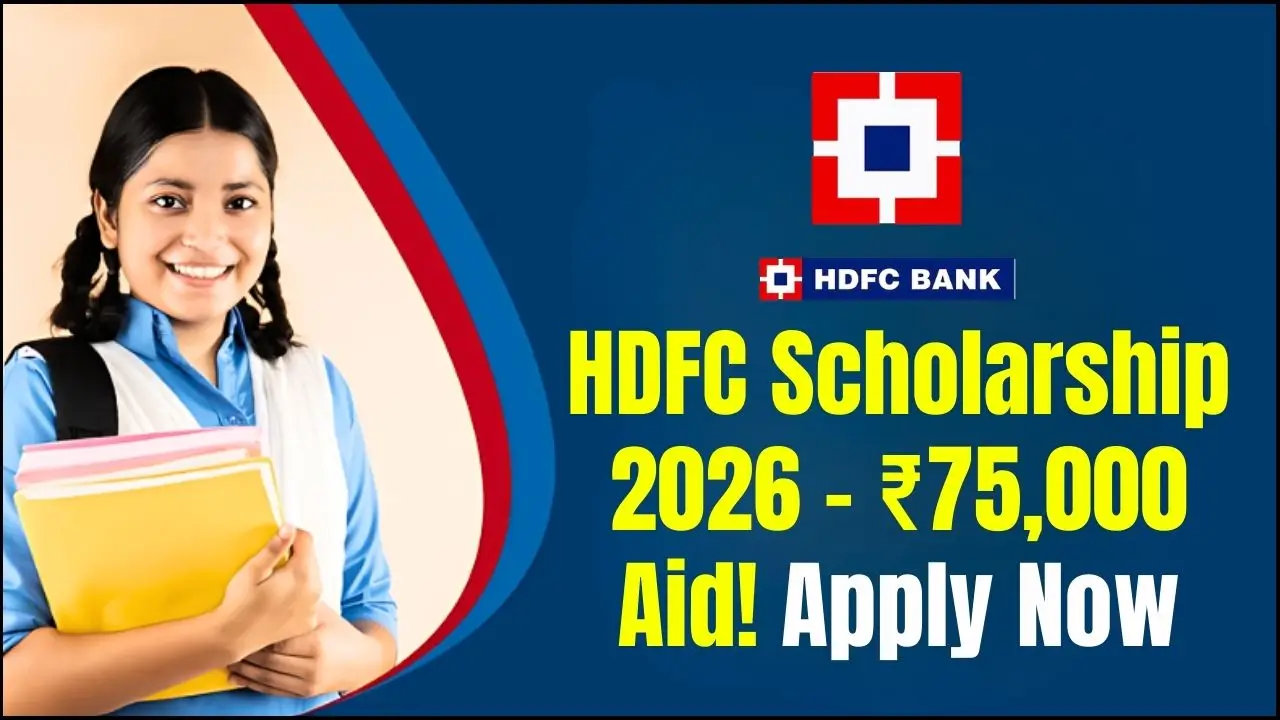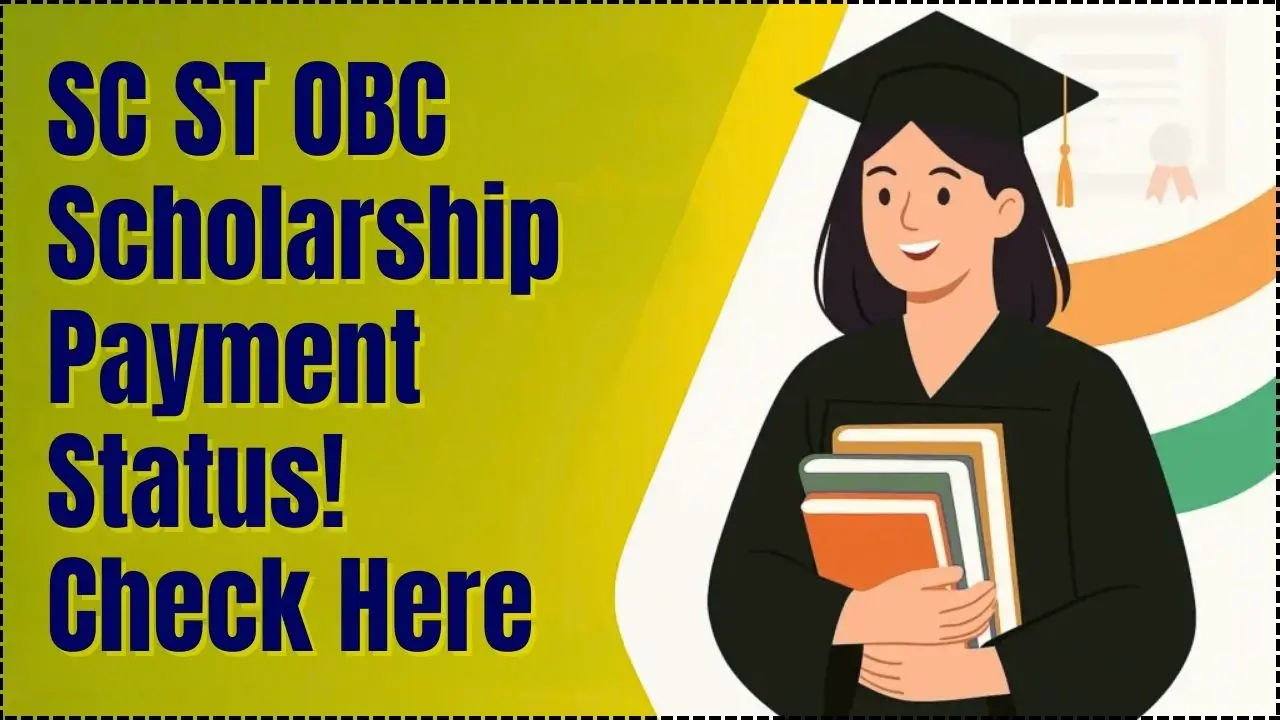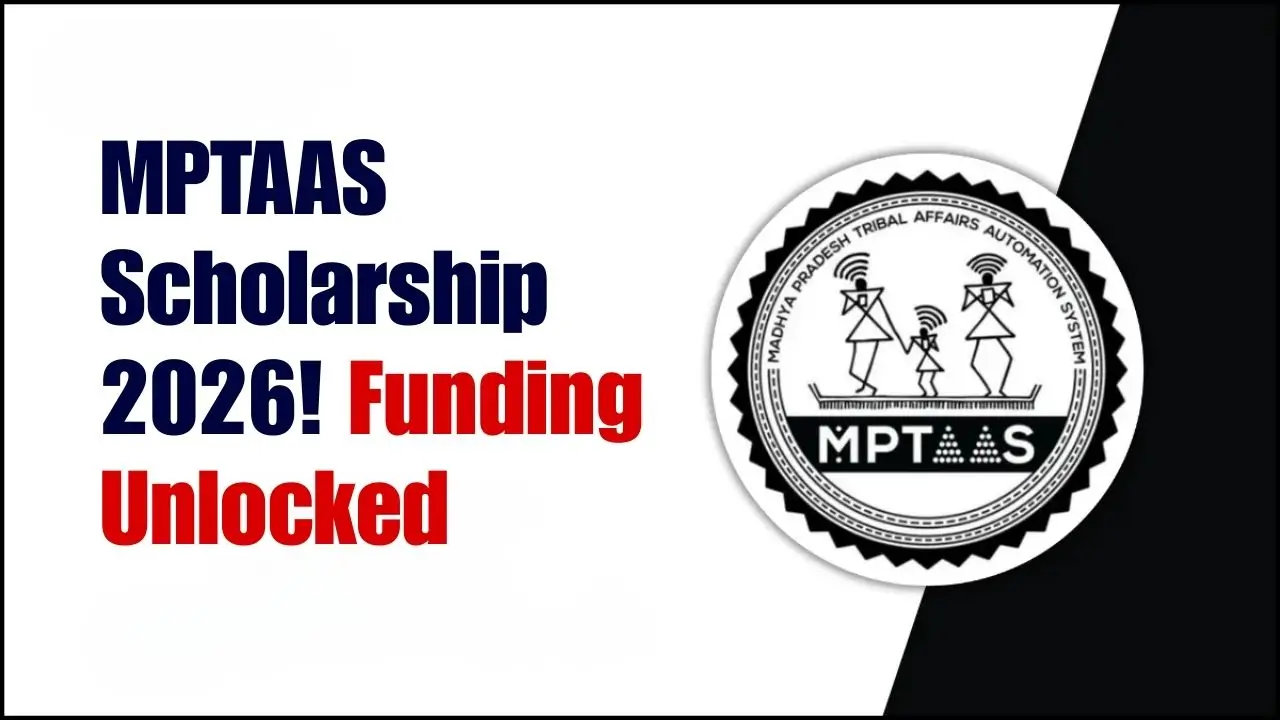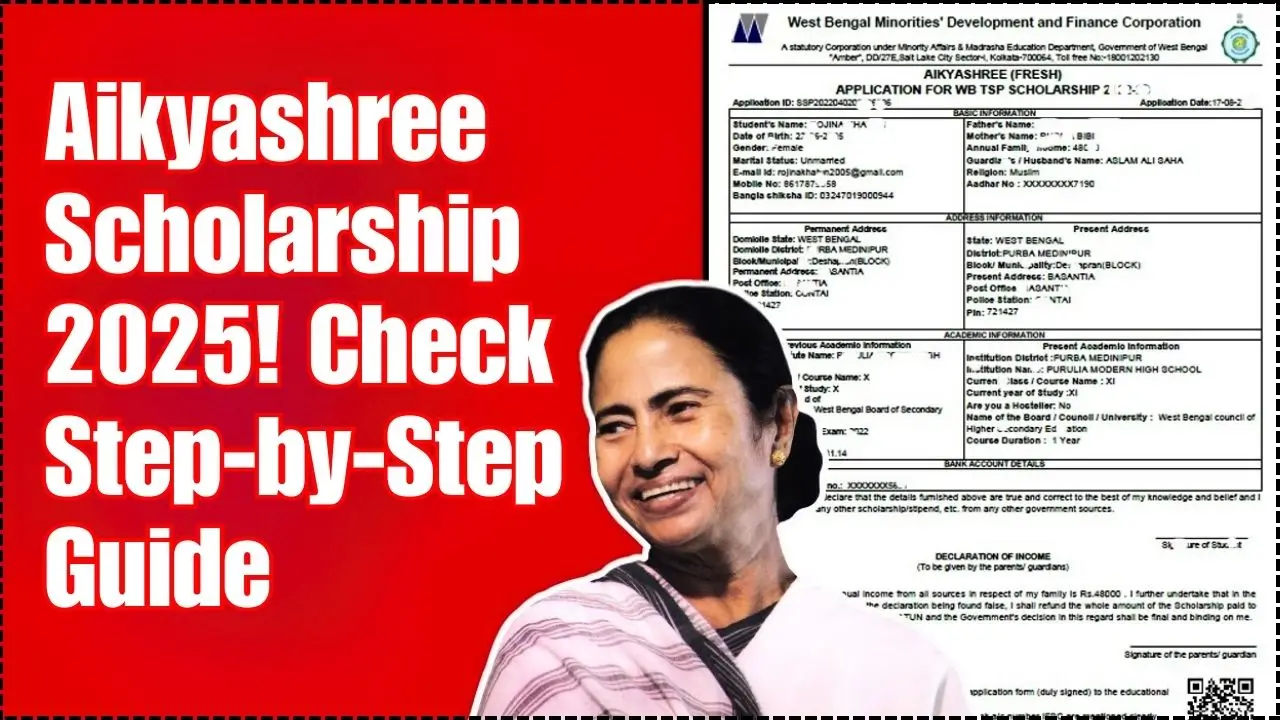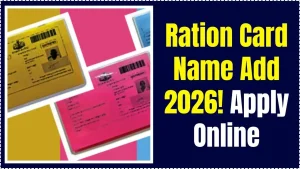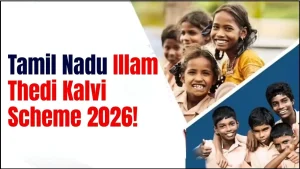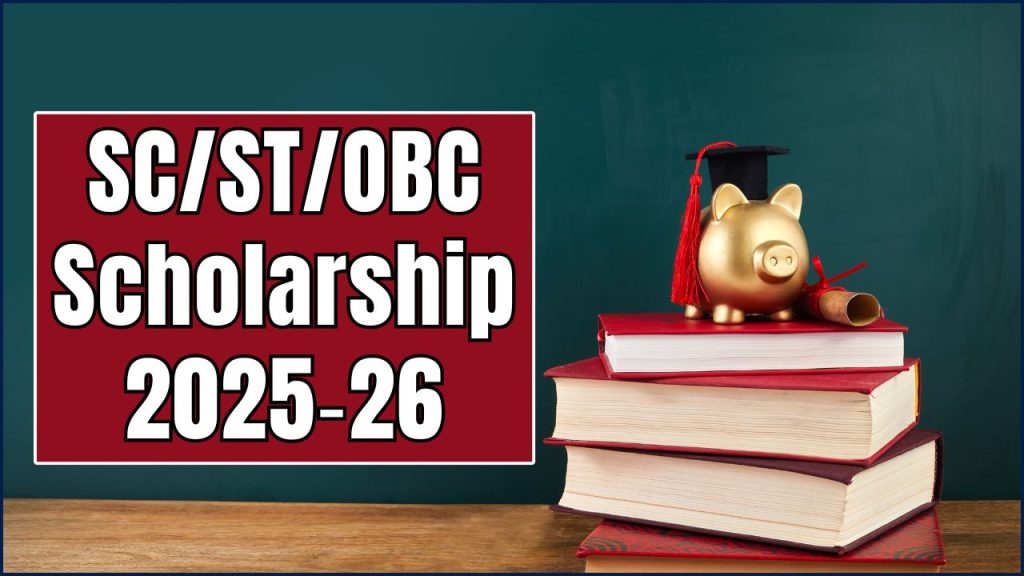
The 2025-26 SC/ST/OBC Scholarship cycle has officially begun, inviting students from Scheduled Castes (SC), Scheduled Tribes (ST), and Other Backward Classes (OBC) to apply for financial assistance through the National Scholarship Portal (NSP). The initiative, part of India’s long-standing drive for inclusive education, aims to improve access to higher learning for disadvantaged groups across states and universities.
The National Push for Inclusive Education
The Ministry of Social Justice and Empowerment, along with the Ministry of Tribal Affairs, manages multiple scholarship programmes under the Central and State sectors. Applications for the 2025-26 academic year opened in June 2025, with most schemes scheduled to close by 31 October 2025.
According to the Department of Higher Education, the portal handled over 1.4 crore applications in 2024-25, underscoring its importance for students who depend on direct benefit transfers to continue schooling.
“These scholarships are more than financial aid—they represent India’s commitment to equity,” said Dr Anita Kumar, a senior policy analyst at the National Institute of Educational Planning and Administration (NIEPA). “Each cycle ensures that marginalized communities gain equal access to quality education.”
Timeline and Key Deadlines
2025-26 Application Schedule for SC/ST/OBC Scholarships
- Opening Date: 2 June 2025
- Last Date to Apply: 31 October 2025
- Institute Verification: 15 November 2025
- Final Verification and DBT Processing: By 30 November 2025
States often align their own portals with NSP timelines. For instance, West Bengal’s OASIS portal closes on 31 August 2025, while Uttar Pradesh’s Post-Matric scheme remains open until 20 December 2025. (scholarships.gov.in)
Regional Variations
In Maharashtra, the MahaDBT portal began accepting online submissions from 30 June 2025, while Manipur’s OBC and SC Directorate opened registration in July. These regional systems allow state verification before routing approved data to the central database.
Eligibility: Who Can Apply for SC/ST/OBC Scholarship 2025‑26?
Eligibility criteria depend on category, level of study, and income. Common conditions include:
- Caste status: Applicants must belong to the SC, ST, or OBC category with a valid certificate issued by a competent authority.
- Education level: Students must be enrolled in a recognised institution, from Class IX to postgraduate or professional courses.
- Income limit: For most central schemes, annual household income should not exceed ₹2.5 lakh (SC/ST) or ₹1 lakh (OBC). The Top Class Education Scheme for SC students allows a ceiling of ₹8 lakh.
- Performance: Some post-matric schemes require a minimum of 50 percent marks in the previous examination.
“Income limits are essential to target those truly in need,” explained Prof Ramesh Naidu of Jawaharlal Nehru University’s Centre for Social Equity. “But timely certification and awareness remain the biggest hurdles.”
How to Apply for SC/ST/OBC Scholarship 2025‑26
- Visit the National Scholarship Portal or your state’s official website.
- Create a student login and complete personal, academic, and bank details.
- Upload caste certificate, income certificate, Aadhaar card, mark-sheets, and bank passbook.
- Choose the appropriate scheme (Pre-Matric, Post-Matric, Top Class, or State specific).
- Submit before the deadline.
- Verify the application through your institution head or principal.
- Track your status online until payment confirmation.
Common Mistakes to Avoid
Officials report that nearly 18 percent of applications last year were rejected because of incomplete data or mismatched Aadhaar-bank information. Experts urge students to double-check uploads and verification steps before submission.
Financial Support and Benefits
Scholarship amounts vary widely:
- Pre-Matric schemes: ₹1,000–₹3,500 per year.
- Post-Matric schemes: Up to ₹13,500 for day scholars and ₹15,000 for hostellers.
- Top Class Education scheme: Full tuition reimbursement plus living stipend and laptop grant.
- State add-ons: West Bengal offers ₹750 monthly maintenance for ST students; Tamil Nadu provides book and transport allowances.
Direct Benefit Transfer (DBT) Mechanism
All payments are made through DBT to reduce leakages. Each beneficiary receives funds directly into their Aadhaar-linked bank account after two-stage verification. According to the Public Finance Management System (PFMS), over ₹8,000 crore were disbursed under SC/ST/OBC scholarships in FY 2024-25.
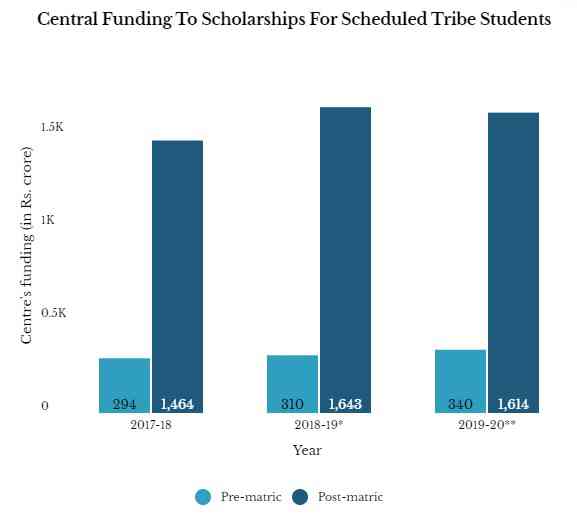
Implementation Challenges and Oversight
Despite progress, the system still faces issues of delay and limited awareness.
In Maharashtra, opposition legislators have alleged delays of up to two years in reimbursing fees for professional courses.
Similarly, in Uttarakhand, a High Court order this year dismissed a private college’s plea for higher reimbursement, affirming that students, not institutions, are primary beneficiaries.
“We have seen improvements, but institutional verification bottlenecks remain,” said Anita Raut, a member of the Maharashtra Legislative Council. “Many students lose academic time because colleges withhold certificates until payments arrive.”
Steps to Address Delays
The Ministry of Electronics and Information Technology (MeitY), which oversees NSP, has introduced real-time tracking and SMS alerts for 2025-26. A new grievance module allows students to lodge complaints directly to state nodal officers, ensuring accountability.
Historical Context: Scholarships and Social Justice
India’s first nationwide SC/ST scholarship dates back to 1950, shortly after the Constitution came into force. Over the decades, successive plans—such as the Scheduled Castes Sub-Plan and Tribal Sub-Plan—expanded educational funding.
By 2025, these programmes cover students from secondary schools to IITs and IIMs, reaffirming Article 46 of the Constitution, which directs the state to promote the educational and economic interests of weaker sections.
“Scholarships have been critical to India’s social transformation,” noted Dr Meera Choudhury, education economist at the Centre for Policy Research. “Yet administrative efficiency must match policy intent.”
Expert Views and Student Voices
Students express cautious optimism.
Priya Rathore, an engineering student from Jaipur, said her family relies on the Post-Matric Scholarship.
“Without it, I would not be able to pay my semester fees. The process has improved, but it still takes months before the amount reaches our account.”
Academics suggest simplifying the renewal process and extending outreach to rural regions. Many rural students remain unaware that applications are entirely digital.
“Digital literacy must be built alongside scholarship delivery,” added Dr Suresh Babu of the University of Hyderabad. “Otherwise, those most in need may still be left out.”
Outlook: Digital Governance and Future Expansions
Government sources indicate a plan to integrate AI-based document verification and multi-language help centres by 2026 to reduce errors and increase transparency.
The Ministry is also exploring convergence with the National Education Policy (NEP 2020), which emphasises equity and inclusion.
“Scholarships will evolve from isolated welfare schemes into integrated education support systems,” said Renu Singh, director of the Centre for Education Innovation and Social Impact.
By 2026, authorities expect nearly two crore students to benefit annually from SC/ST/OBC schemes, further reducing dropout rates among economically weaker sections.
Conclusion
The SC/ST/OBC Scholarship 2025-26 marks another milestone in India’s pursuit of educational justice. The framework is robust, timelines clear, and technology steadily improving. Yet, effective implementation—particularly timely verification, fund release, and awareness—remains the ultimate measure of success.
As applications continue across states, policymakers, institutions, and students alike share a common goal: ensuring that financial barriers never deny any student the right to learn.

